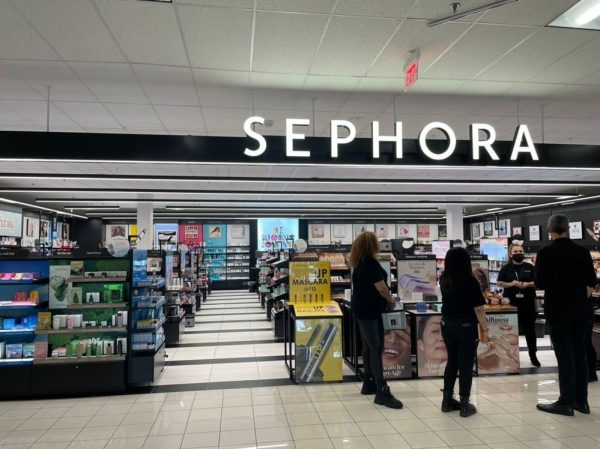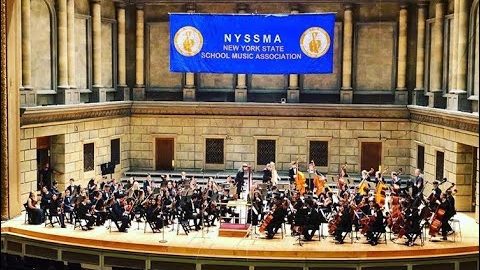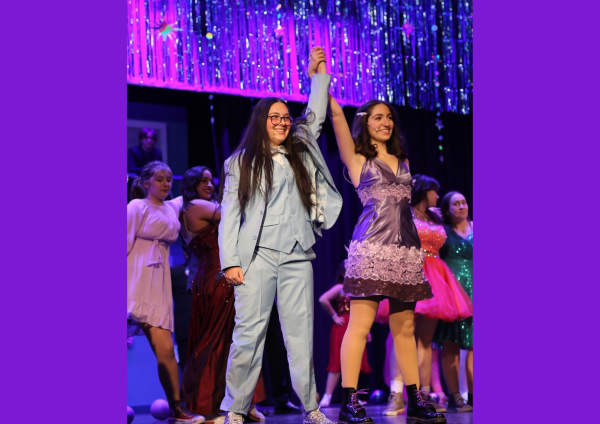Opinion: The American Educational System Should Embrace Diversity of Talent — Not College
After 28 years of teaching in the Northport-East Northport UFSD, English teacher Ms. Uruburu offers her opinion on the American education system.
April 14, 2021
After 28 years of teaching in the Northport-East Northport UFSD, English teacher Ms. Uruburu — who will retire at the end of the 2020–2021 school year — offers her opinion on the values of American education system.
“Education is not preparation for life; education is life itself.” I’ve always subscribed to this belief — first as the “weird” kid who actually enjoyed school, and now as an educator (Surprise!), but I’ve believed for many years now that America needs to rethink its definition of education, particularly at the secondary and post-secondary levels.
I never thought I’d feel this way, but I no longer believe that a college education is for everyone. In fact, I’m not even sure that four years of high school education is a necessary requirement for all students. Now before you report me to the Board of Education to have my license revoked, please hear my tale.
Many years ago (pre-Common Core), I had a senior in one of my English electives (Mythology) who preferred reading Popular Mechanics to The Odyssey. He was a stellar student in the auto mechanic vocational program in which he was enrolled, but barely marginal in my class. Unfortunately, all my enthusiasm and classroom theatrics (admittedly, I am a ham) didn’t ignite so much as a spark in his engine. I think if Zeus himself had descended from Mt. Olympus, he would have been greeted with an equal dose of indifference!
This student’s situation is all too common. He could read, write, even speak articulately, but he only excelled in a very specific area, an area in which he chose to excel. I see many high school students like him “doing time” — going through the motions rather than genuinely investing in their overall education.
“Education for education’s sake” is a difficult concept for many young people to grasp. And yet, there are those students who do “get it” — the ones who can’t wait to tell me that they were watching Jeopardy the night before and “got some of the answers right!” I love it! No TV exposure or money to be won, but these kids are “jazzed” because quite simply, “it feels good to know stuff.” How can educators reconcile such a disparity?
I’d like to see America adopt an education system similar to Great Britain’s, wherein students have two options after satisfactorily completing a two year core curriculum: to enroll in a vocational school, or pass a series of oral and written exams which would enable them to continue on a more academic path.
Education, or rather the desire to be educated, must come from within each student. It’s the old horse to water adage: educators can lead students to Homer but we can’t make them read him. Don’t get me wrong, I’m not suggesting that educators stop exposing students to literary analysis and scientific theories, nor am I advocating courses based solely on teen interest (“Math for Metal Heads”?). But I’d much rather see students thrive in a vocational setting than languish in the labyrinth of academia, where they may feel ill-suited. I’d rather see students content that they have a vested interest — moreover, a passion — in an invaluable trade. Perhaps the time has come when we should accept the fact that all students are not on the same odyssey, if you will, nor should we expect them to be.
Creativity expert, Sir Ted Robinson said it best: “Human communities depend upon a diversity of talent, not a singular conception of ability.” We as a society need to broaden our vision of what education truly is and embrace diversity. So many students have so much to offer, and it’s time we encourage them in their “non-traditional” avocations, and allow them the freedom to pursue their own educational goals in settings beyond the college campus.











